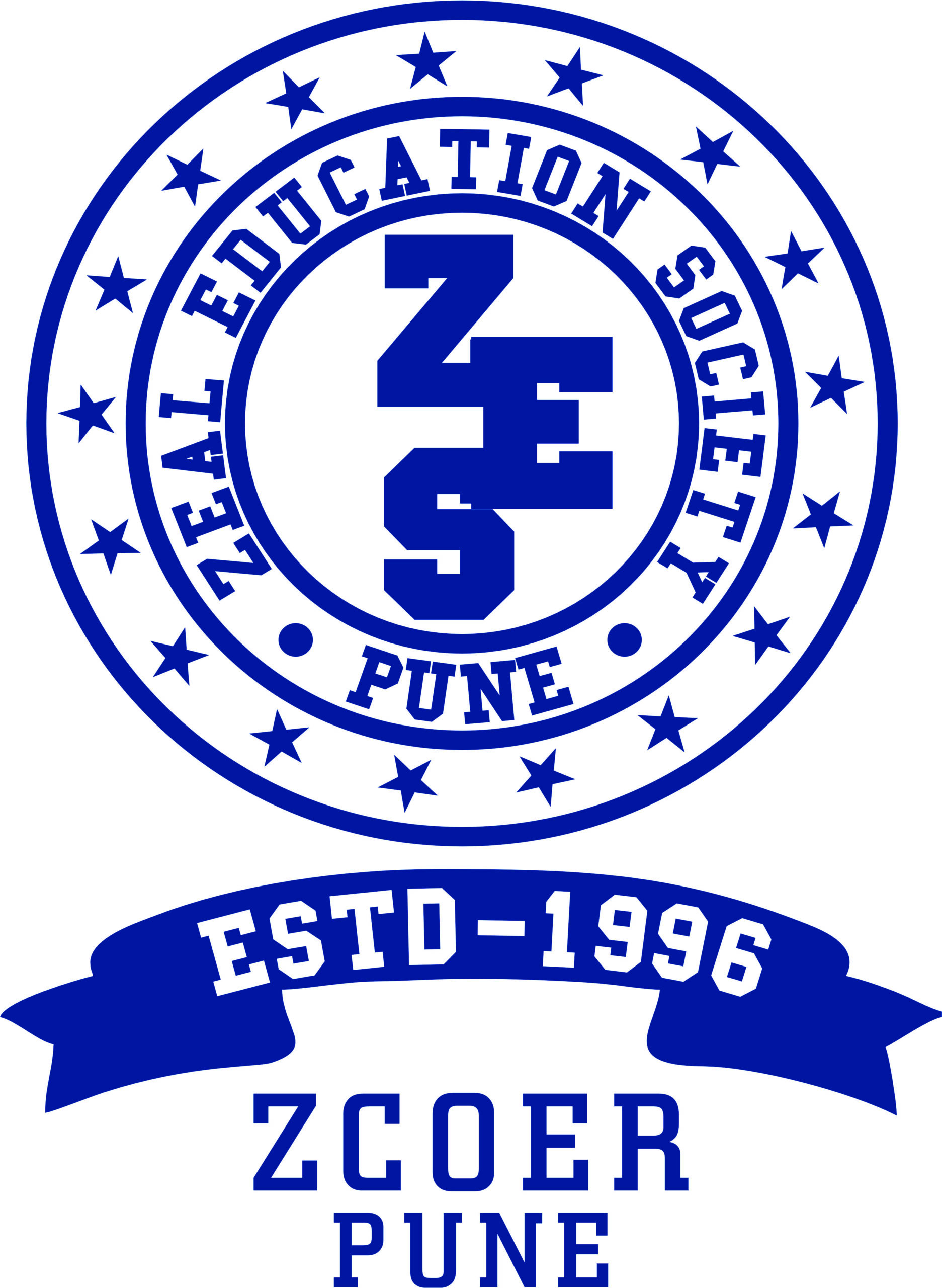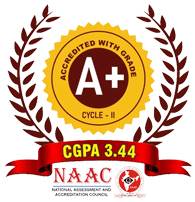AI & Machine Learning
- AI & Machine Learning
- About Department
- From HOD Desk
- Vision & Mission
- PEO & PSO, PO & CO
- Autonomy Constitution
- Lab Facilities
- Innovations in Teaching Learning
- Skill Development
- Faculty Achievements
- Student Achievement
- Students Chapter / Association
- Placement and Internship
- Center of Excellence
- Life @ AIML
- Downloads
- Newsletters
Program Educational Objectives ( PEO’s)
- Graduates will be able to analyze, design and implement ethical sustainable solutions in the field of Artificial Intelligence and Machine Learning that will serve society.
- Graduates will attain the ability to adapt quickly to new environments and technologies, assimilate new information, and work in multi-disciplinary areas with a strong focus on innovation and entrepreneurship.
- Graduates will have the potential to participate in life-long learning through pursuit of higher education and professional developments for catering societal needs with ethical values.
Program Specific Outcomes ( PSO’s)
A graduate of the Artificial Intelligence & Machine Learning Program will demonstrate –
PSO1 Professional Skills-The ability to understand, analyze and develop computer programs in the areas related to algorithms, system software, multimedia, web design, networking, artificial intelligence and data science for efficient design of computer-based systems of varying complexities.
PSO2 Problem-Solving Skills- The ability to apply standard practices and strategies in software project development using open-ended programming environments to deliver a quality product for business success.
PSO3 Successful Career and Entrepreneurship- The ability to employ modern computer languages, environments and platforms in creating innovative career paths to be an entrepreneur and to have a zest for higher studies.
Program Outcomes (POs)
PO1 : Engineering knowledge: Apply the knowledge of mathematics, science, engineering fundamentals and an engineering specialization to the solution of complex engineering problems
PO2 : Problem analysis: Identify, formulate, review research literature, and analyze complex engineering problems reaching substantiated conclusions using first principles of mathematics, natural sciences and engineering sciences.
PO3 : Design/development of solutions: Design solutions for complex engineering problems and design system components or processes that meet the specified needs with appropriate consideration for the public health and safety, and the cultural, societal and environmental considerations.
PO4 : Conduct investigations of complex problems: Use research-based knowledge and research methods including design of experiments, analysis and interpretation of data and synthesis of the information to provide valid conclusions.
PO5 : Modern tool usage: Create, select, and apply appropriate techniques, resources, and modern engineering and IT tools including prediction and modeling to complex engineering activities with an understanding of the limitations.
PO6 : The engineer and society: Apply reasoning informed by the contextual knowledge to assess societal, health, safety, legal and cultural issues and the consequent responsibilities relevant to the professional engineering practice.
PO7 : Environment and sustainability: Understand the impact of the professional engineering solutions in societal and environmental contexts, and demonstrate the knowledge of, and need for sustainable development.
PO8 : Ethics: Apply ethical principles and commit to professional ethics and responsibilities and norms of the engineering practice.
PO9 : Individual and team work: Function effectively as an individual and as a member or leader in diverse teams, and in multidisciplinary settings.
PO10 : Communication: Demonstrate knowledge and understanding of the engineering and management principles and apply these to one’s own work, as a member and leader in a team, to manage projects and in multidisciplinary environments.
PO11 : Project management and finance: Demonstrate knowledge and understanding of the engineering and management principles and apply these to one’s own work, as a member and leader in a team, to manage projects and in multidisciplinary environments.
PO12 : Life-long learning: Recognize the need for, and have the preparation and ability to engage in independent and life-long learning in the broadest context of technological change

